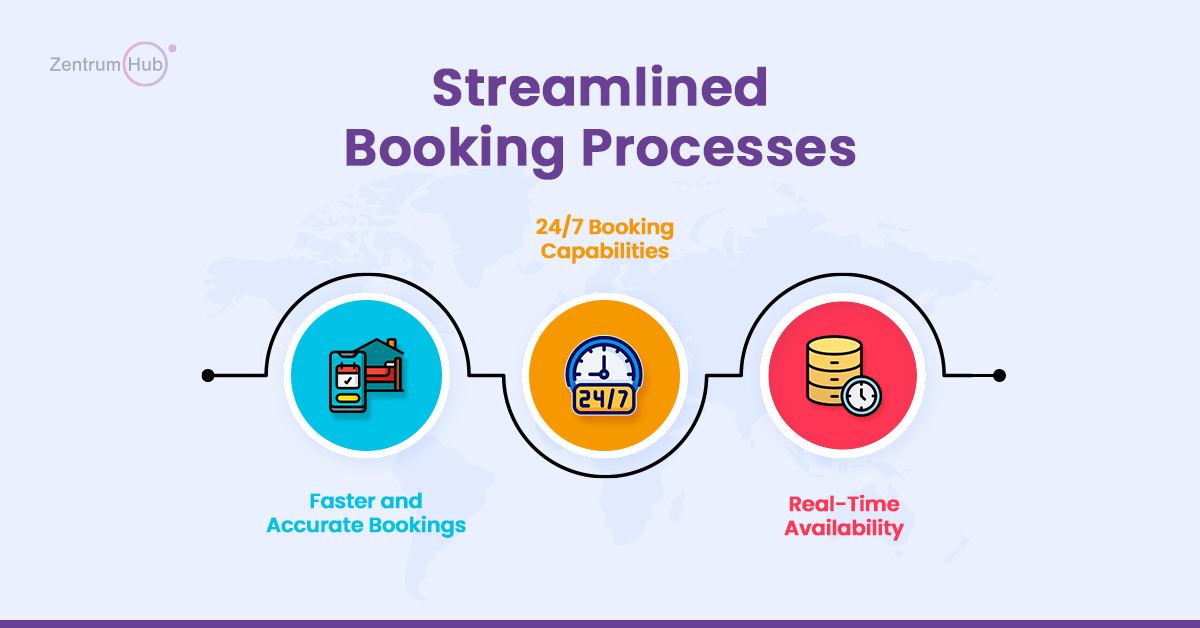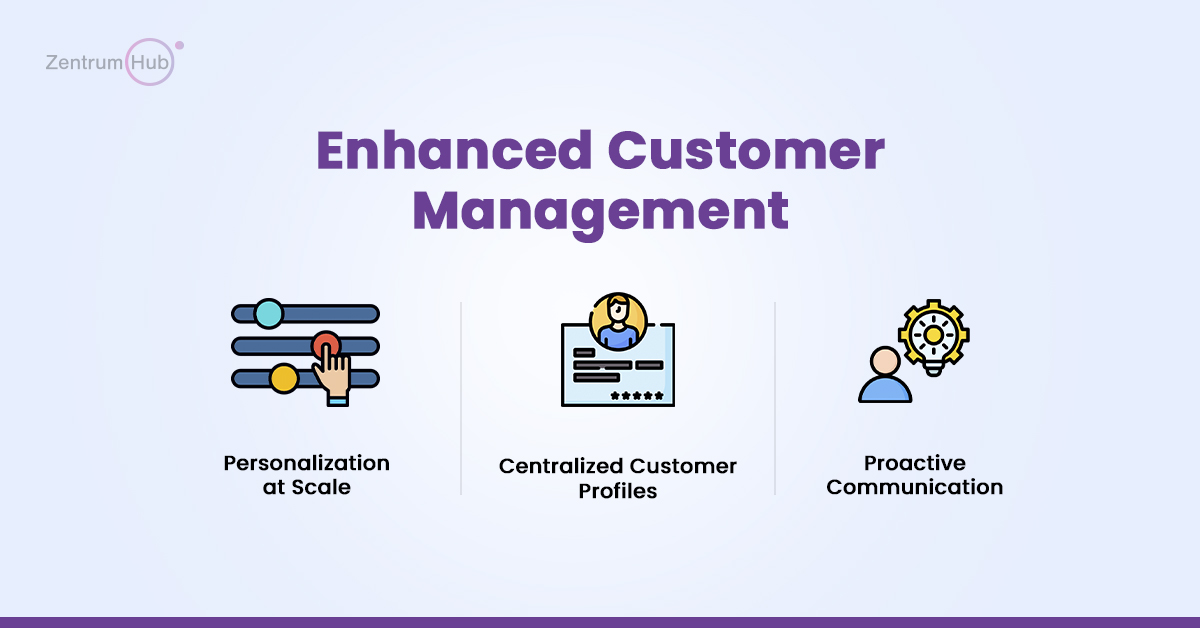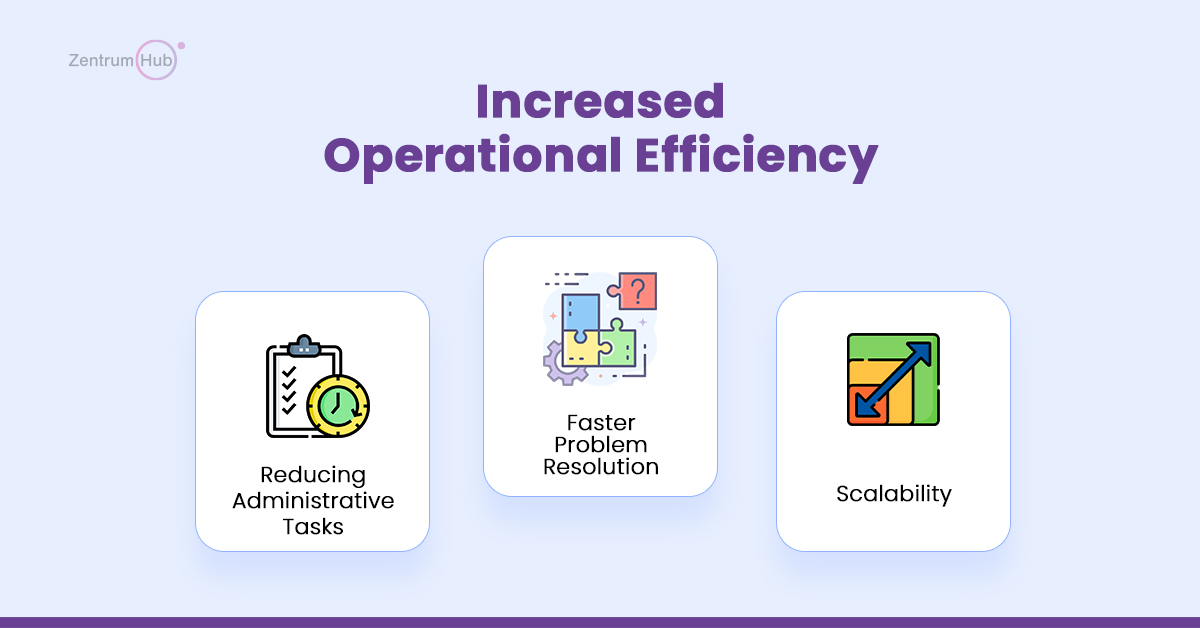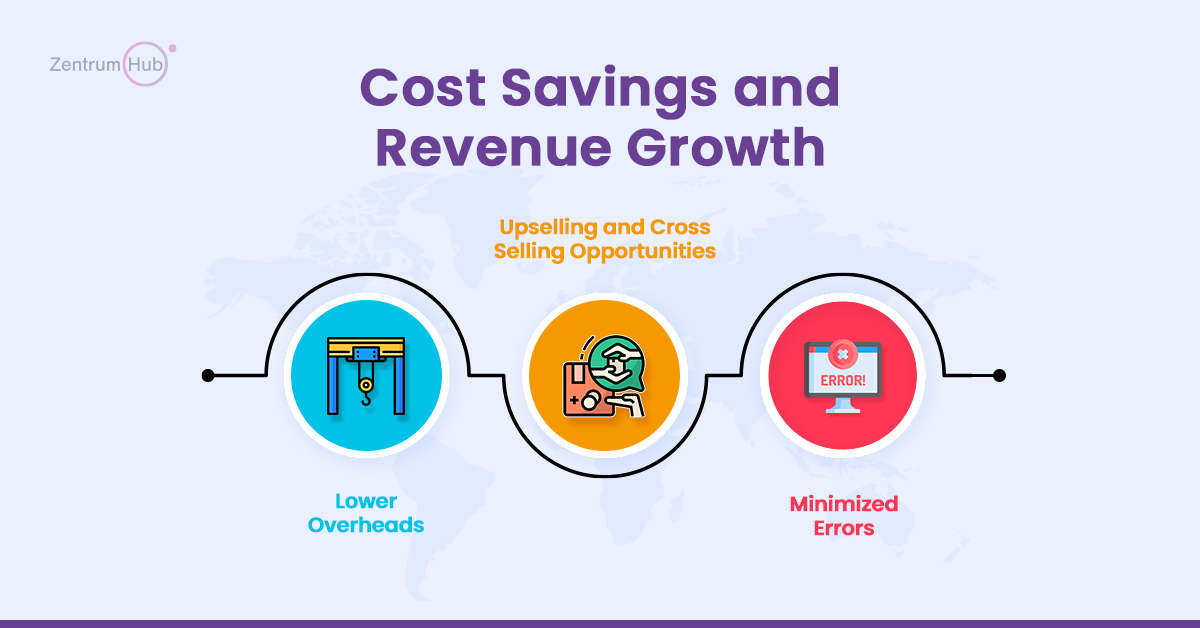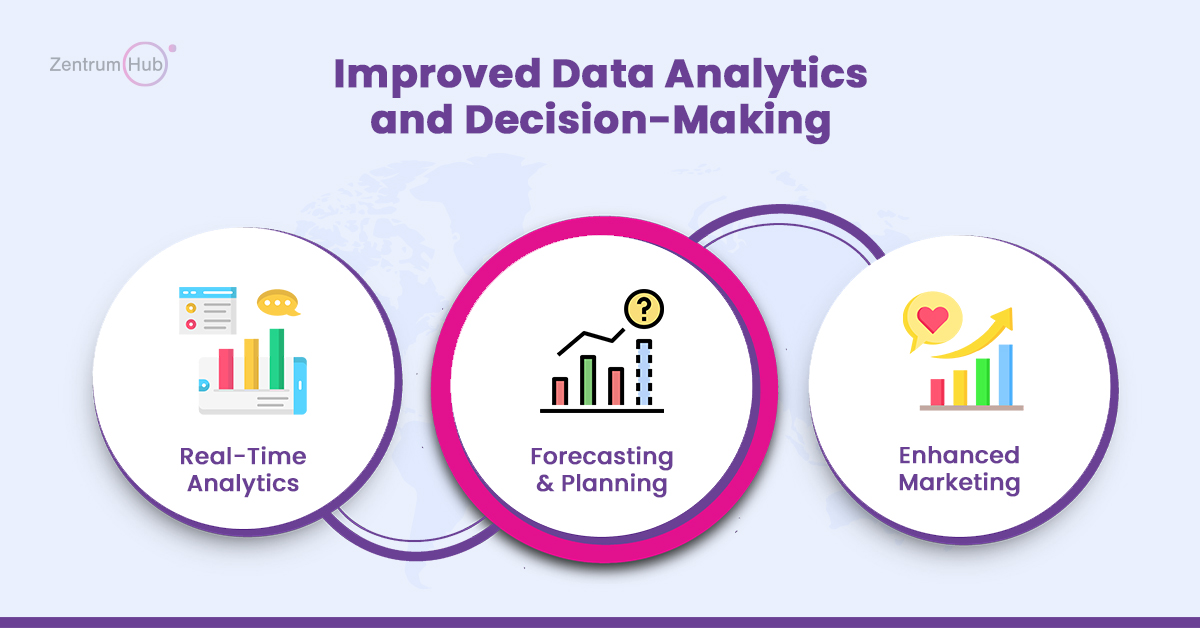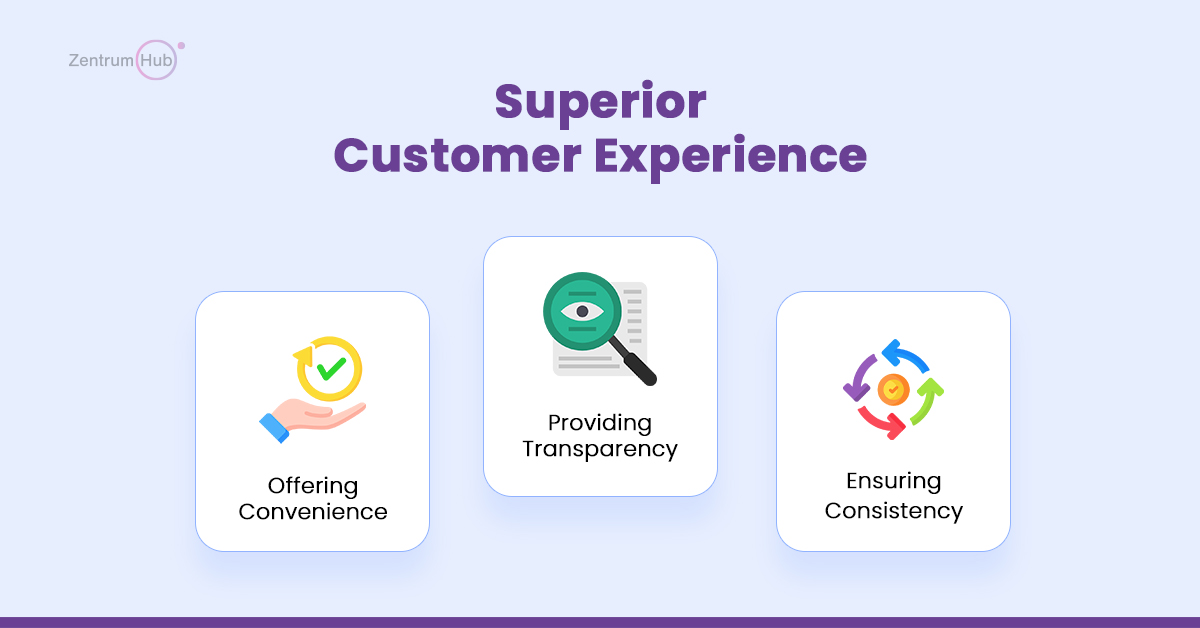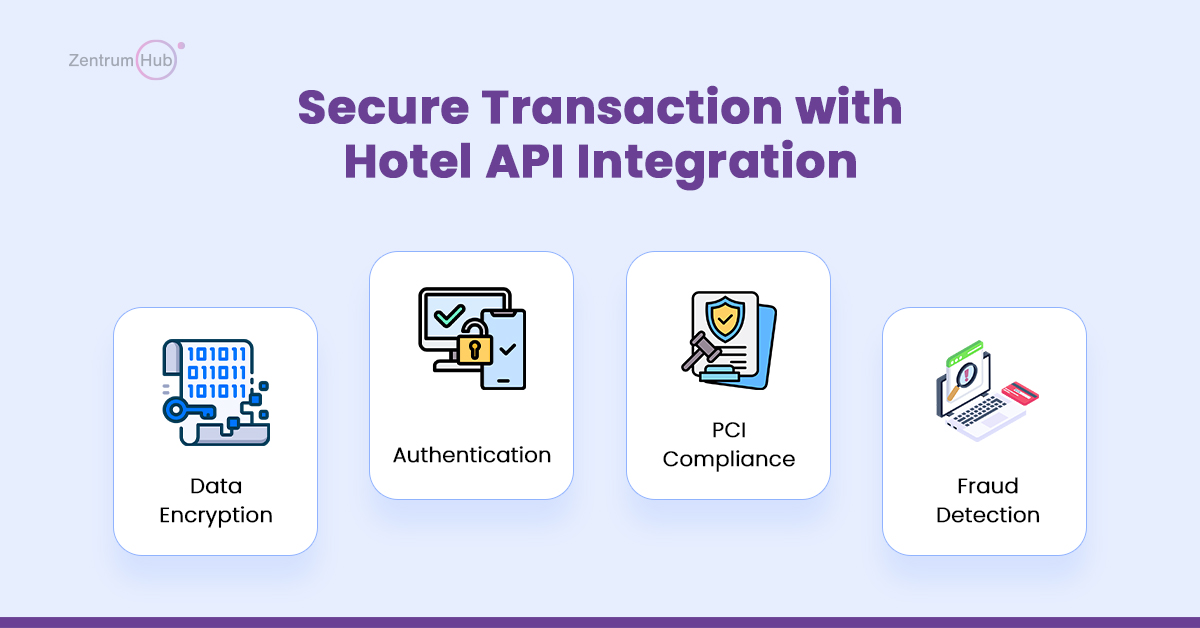FAQs : Top Benefits of Travel Agency Software for Automated Bookings
How does automation improve travel booking processes?
Automation speeds up bookings, ensures accuracy, provides real-time availability, and enables 24/7 self-service for customers.
What are the cost benefits of automating travel agency operations?
Automation reduces labor costs, minimizes errors, and unlocks upselling opportunities, boosting overall profitability.
Can automated systems handle personalized travel experiences?
Yes, automated CRM tools analyze customer preferences to create tailored travel packages and personalized recommendations.
How does automation enhance customer satisfaction?
It offers convenience with online bookings, real-time updates, proactive communication, and transparent pricing, creating seamless experiences.

